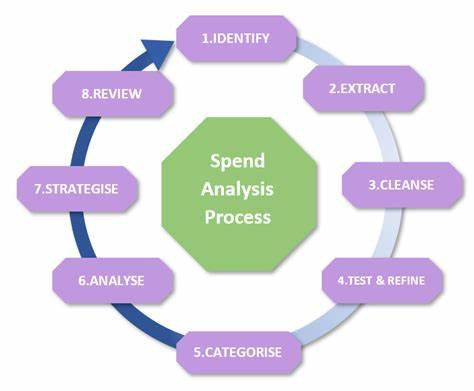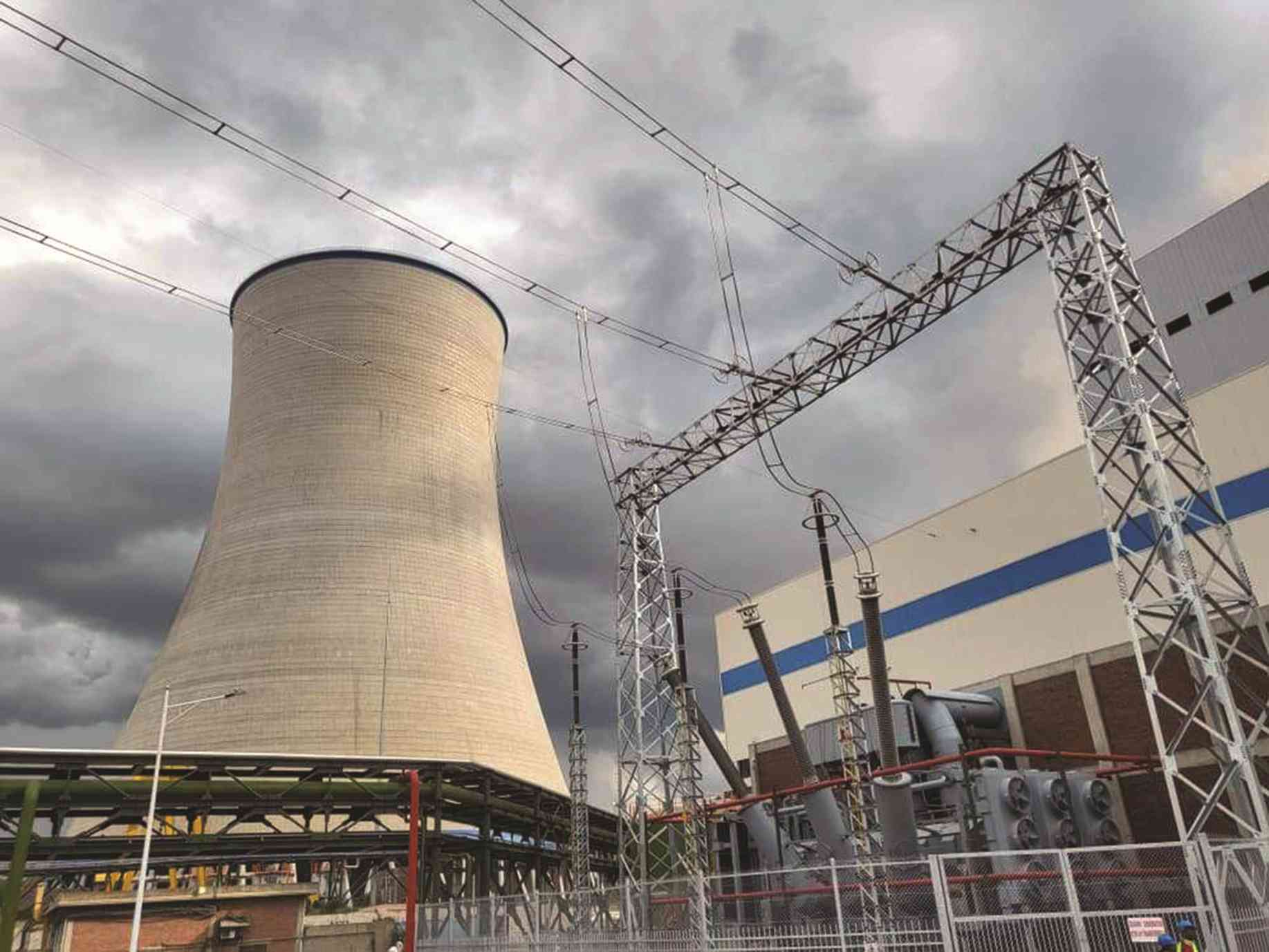
BASED on the meta-analysis titled How Bad are the Effects of Bad Leaders? A Meta-Analysis of Destructive Leadership and its Outcomes by Birgit Schyns and Jan Schilling, this article explores the far-reaching consequences of destructive leadership in organisations.
Destructive leadership is defined as “a process in which over a longer period of time the activities, experiences and/or relationships of an individual or the members of a group are repeatedly influenced by their supervisor in a way that is perceived as hostile and/or obstructive”. It has become an increasingly important area of study in organisational behaviour. The prevalence and costs associated with destructive leadership are staggering.
Studies have found that approximately 10%-16% of employees report experiencing some form of destructive leadership behaviour, with annual costs to United States companies estimated at US$23,8 billion due to absenteeism, turnover and decreased productivity.
The meta-analysis by Schyns and Schilling provides a comprehensive overview of the effects of destructive leadership on various outcomes. Their study, which analysed data from 57 independent studies, reveals the pervasive negative impact of destructive leadership across multiple domains:
Leader-related outcomes
The strongest effects of destructive leadership were found in relation to followers’ attitudes towards their leaders. The meta-analysis revealed a strong negative correlation (r = -0,57) between destructive leadership and positive attitudes toward leaders.
This indicates that employees who experience destructive leadership are likely to develop negative perceptions of their supervisors, leading to decreased trust, respect and overall satisfaction with leadership.
Job-related outcomes
- The impact of bad leadership
Keep Reading
Destructive leadership was found to have a significant negative relationship with job satisfaction (r = -0.34). This suggests that employees working under destructive leaders are more likely to be dissatisfied with their jobs, potentially leading to decreased motivation and engagement.
Org-related outcomes
The study found that destructive leadership was positively correlated with turnover intentions (r = 0,31), indicating that employees are more likely to consider leaving their jobs when experiencing destructive leadership.
Furthermore, a strong positive correlation (r = 0,38) was found between destructive leadership and counterproductive work behaviour. This is particularly concerning for organisations, as it suggests that destructive leadership may lead to a cycle of negative behaviours that can harm the organisation’s overall performance and culture.
Individual follower-related
Destructive leadership was found to have significant negative effects on employees' well-being (r = -0,35) and positive self-evaluation (r = -0,17).
It was also positively correlated with stress (r = 0,24) and negative affectivity (r = 0,34). These findings highlight the personal toll that destructive leadership can take on employees, potentially leading to decreased mental health and overall life satisfaction.
One of the most striking findings of the meta-analysis was the strong relationship between destructive leadership and counterproductive work behaviour. This suggests that the negative effects of destructive leadership extend beyond the immediate leader-follower relationship and can have broader implications for the organisation as a whole.
Employees may engage in behaviours such as sabotage, theft, or intentionally decreased productivity as a form of retaliation or coping mechanism.
The study also revealed that the effects of destructive leadership are not limited to work-related outcomes. The spillover into employees’ personal lives is evident in the negative relationship with well-being and positive self-evaluation.
This underscores the far-reaching consequences of destructive leadership, which can extend beyond the workplace and affect individuals’ overall quality of life.
Interestingly, the meta-analysis found that the effects of destructive leadership were not always stronger than those of constructive leadership. When compared to meta-analyses of constructive leadership styles, such as transformational leadership, the correlations for some outcomes (eg, job satisfaction and individual performance) were actually stronger for constructive leadership.
This suggests that while destructive leadership has significant negative effects, the presence of positive leadership may be even more impactful in promoting desirable outcomes.
The findings of this meta-analysis have important implications for organisations and leadership development:
Early identification and intervention: Given the widespread negative effects of destructive leadership, organisations should prioritise early identification of destructive behaviours and implement intervention strategies to address them promptly.
Leadership development: Training programmes should focus not only on developing positive leadership skills but also on raising awareness about destructive leadership behaviours and their consequences.
Organisational culture: Companies should foster a culture that does not tolerate destructive leadership behaviours and encourages open communication and feedback about leadership practices.
Support systems: Organisations should establish support systems for employees experiencing destructive leadership, including confidential reporting mechanisms and counselling services.
Selection processes: Hiring and promotion practices should incorporate assessments that screen for potential destructive leadership tendencies.
While the meta-analysis provides valuable insights into the effects of destructive leadership, it also highlights areas for future research.
Longitudinal studies are needed to establish causal relationships between destructive leadership and outcomes.
Additionally, more research is required to understand the mechanisms through which destructive leadership influences various outcomes and to identify potential moderating factors that may mitigate its negative effects.
Conclusion
The impact of destructive leadership is far-reaching and multifaceted, affecting not only individual employees but also organisational performance and culture.
The strong correlations found between destructive leadership and various negative outcomes underscore the critical importance of addressing this issue in organisations.
By recognising the significant costs associated with destructive leadership and implementing strategies to prevent and mitigate its effects, organisations can create healthier work environments, improve employee well-being, and enhance overall organisational effectiveness.
Nguwi is an occupational psychologist, data scientist, speaker and managing consultant at Industrial Psychology Consultants (Pvt) Ltd, a management and HR consulting firm. — https://www.linkedin.com/in/memorynguwi/ Phone +263 24 248 1 946-48/ 2290 0276, cell number +263 772 356 361 or e-mail: mnguwi@ipcconsultants.com or visit ipcconsultants.com.










